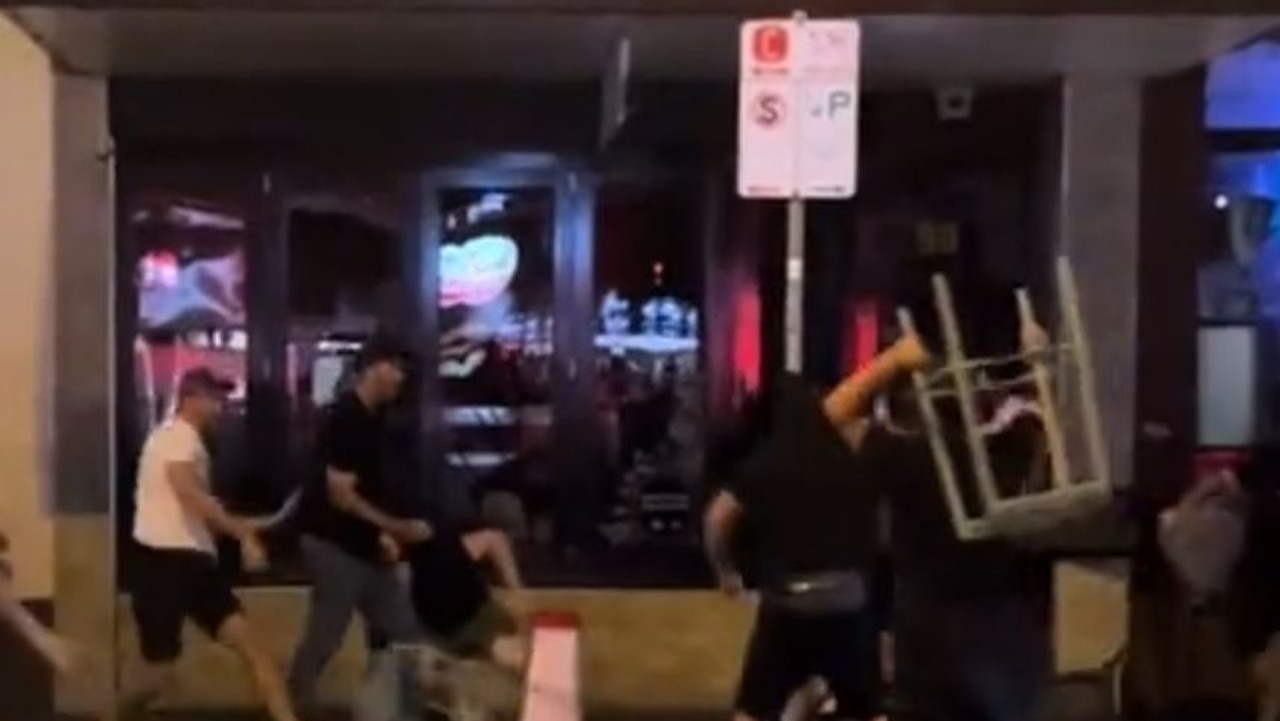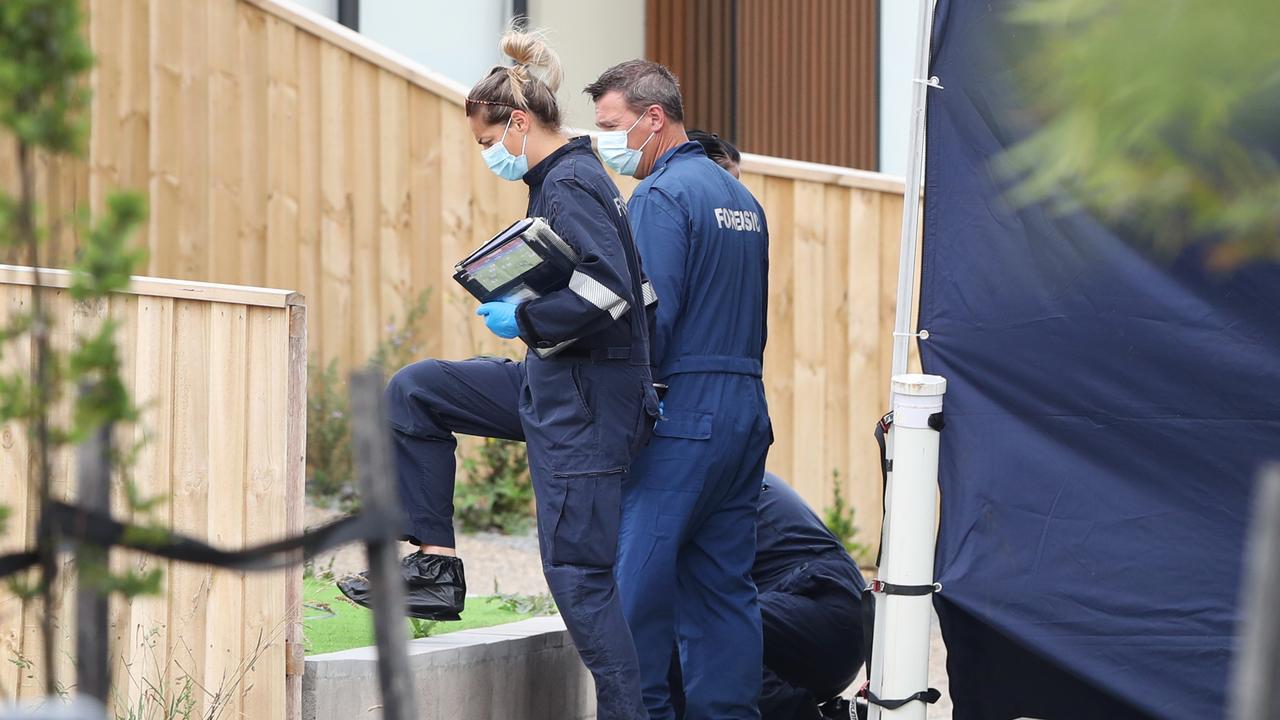Drug bosses behind bashings and standover rackets nation’s detention centres
A top border official has revealed the terrible truth of Australia’s immigration detention centres, saying asylum seekers have been replaced by criminals, including bikies and mafia figures.
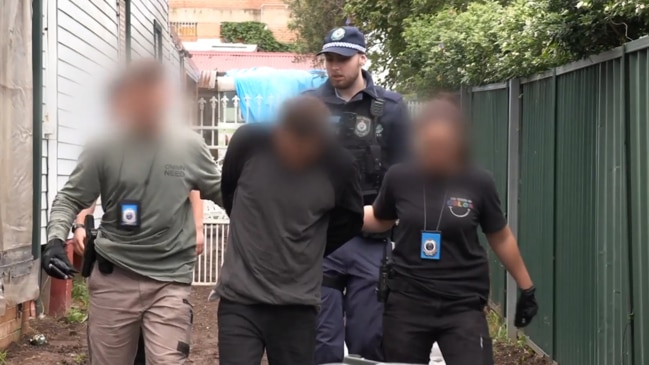
Police & Courts
Don't miss out on the headlines from Police & Courts. Followed categories will be added to My News.
Drug bosses are behind widespread bashings and standover rackets in the nation’s immigration detention centres, a top border official says.
Australian Border Force Deputy Commissioner Tim Fitzgerald told the Herald Sun a prison culture had developed in the centres as the percentage of convicted criminals inside rose to 90 per cent and drug use soared in the past decade.
He said there were 1600 seizures of drugs or drug paraphernalia found in the system in the past year and additional problems with home-brewing of hard liquor.
Border Force is in talks with the Federal Government about securing greater powers to search for such items, which they cannot do under existing laws.
Mr Fitzgerald said the days of large numbers of boat arrivals in centres were over, replaced by detainees with a 90 per cent criminal conviction rate who were to be banished using Federal Government 501 deportation powers.
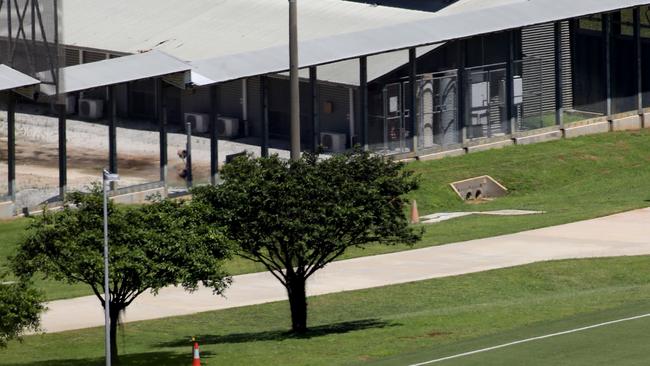
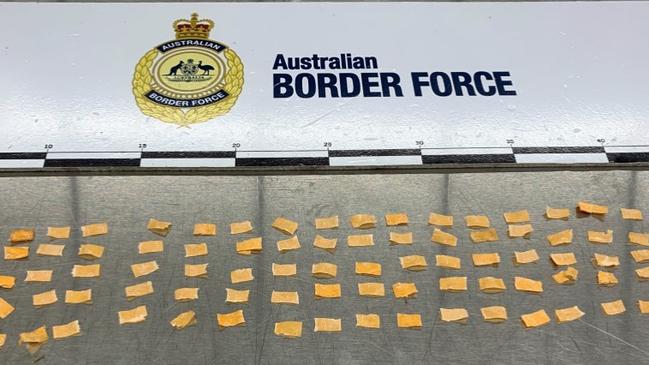
Among them are bikies, mafia figures and Middle-eastern organised crime identities.
Mr Fitzgerald said 55 per cent of those held were waiting to be flown out after serving jail time for violent crimes, including murder, assault and kidnapping.
Eight per cent had been convicted of rape and other sexual assaults and nine per cent were in for child sexual offending.
Another 12 per cent were there over drug offences.
Mr Fitzgerald said the system nationwide took in between 40 and 60 offenders straight out of jail each month.
Some brought with them the kind of drug distribution activities, debt collection, standover tactics and hierarchy that operate within the corrections system.
But, Mr Fitzgerald said, the centres were not jails and served as “administrative detention”, an environment with no cells, fewer controls and an inability for staff to make searches of incoming property or detainees for drugs.
He said ABF officers could search for weapons and items which may be used for an escape and could only confiscate drugs which were found in searches for those purposes.
He said staff – trained to root out drugs and normally with the powers to seize them – were operating with their hands tied.
“I’m sending people to work in an environment where they don’t have any of those powers. It’s a tough job for our people,” he said.
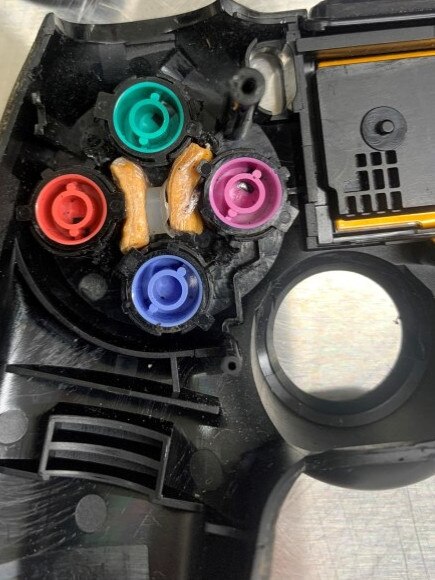
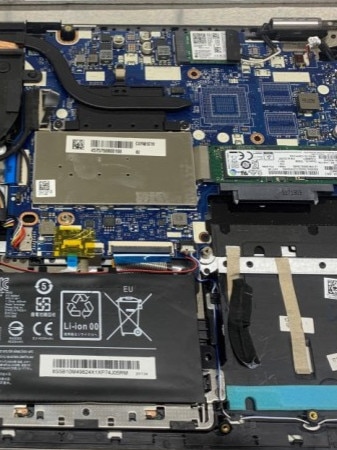
Mr Fitzgerald said drugs had been dropped from drones or thrown over the rear wall of the Melbourne Immigration Transit Accommodation in Broadmeadows.
Clear evidence of trafficking, including dealers’ ledgers of sales and money owed by other inmates, had been uncovered.
“You’ve got your kingpins who are driving that,” Mr Fitzgerald said.
“They will work as a network. It (drugs) will get into one compound and go to the other compounds.”
Some of those dealing narcotics were suspected of running drug operations beyond the walls of the facilities.
Mr Fitzgerald said illicit substance treatment programs introduced in recent years had been well-attended but keeping drugs out in the first place was vital.
Violence came with the drugs and home-brew and there had been 57 serious detainee-on-detainee assaults and another 16 carried out on staff.
Among attacks on the ABF officers and Serco security staff who work in the system are bashings, bites, spitting incidents and the throwing of faeces.
“There’s got to be ramifications for that,” Mr Fitzgerald.
Over-crowding was not an issue in the centres, he said.
There were currently 1080 people in detention centres, compared to a high of 1588 three years ago, and the idea many of them were visa simple overstayers was false.
Mr Fitzgerald said such people would not be safe in a system with so many people of serious criminal background.
“They’re not the kind of person in detention at the moment,” he said.
Refugee Action Coalition spokesman Ian Rintoul disputed that ABF did not already have the power to search for drugs.
“I think he (Mr Fitzgerald) is stretching it. Once every two weeks, they go room-to-room,” Mr Rintoul said.
He agreed that the inmate profile had changed but said most of the drugs which got into the centres were brought in by staff.
“The more it’s become like a prison environment, the more you’ve had the guards implicated,” Mr Rintoul said.



